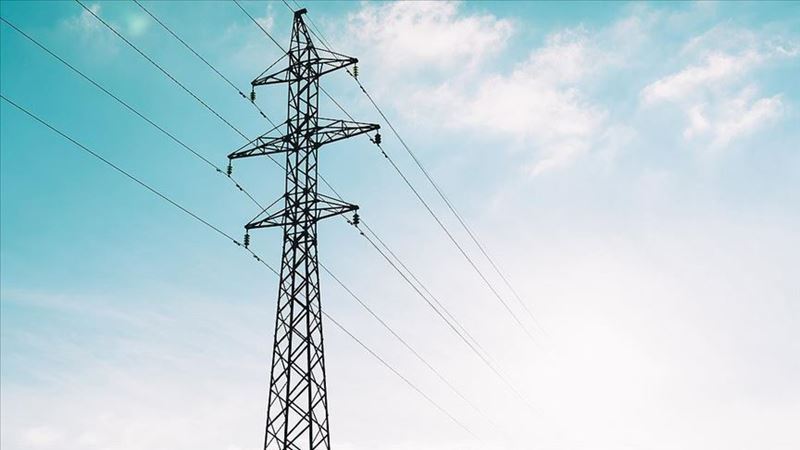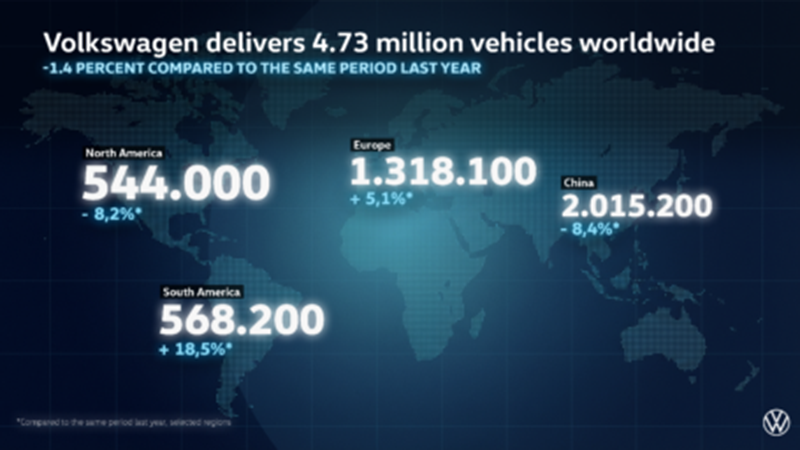In a joint statement, 50Hertz, Amprion, TenneT, and TransnetBW said that the reduction will be made possible through a 6.5 billion euro (7.6 billion dollars) subsidy from the country’s national climate fund. Transmission fees are expected to drop from 6.65 cents per kilowatt-hour (kWh) to 2.86 cents. The planned reduction will take effect only if the bill is approved in parliament by December 5.
Electricity prices in Germany have long been high due to transmission fees, outages, and taxes, creating additional cost pressures on energy-intensive industries and the wider economy. According to the German Association of Energy and Water Industries (BDEW), private consumers currently pay an average of 40 cents per kWh, about 20% higher than pre-crisis levels triggered by the Russia-Ukraine war.
The coalition government led by Chancellor Friedrich Merz also plans to reduce electricity taxes for the industrial and agricultural sectors to EU minimum levels, in addition to lowering transmission fees.
Source: Reuters










Comments
No comment yet.